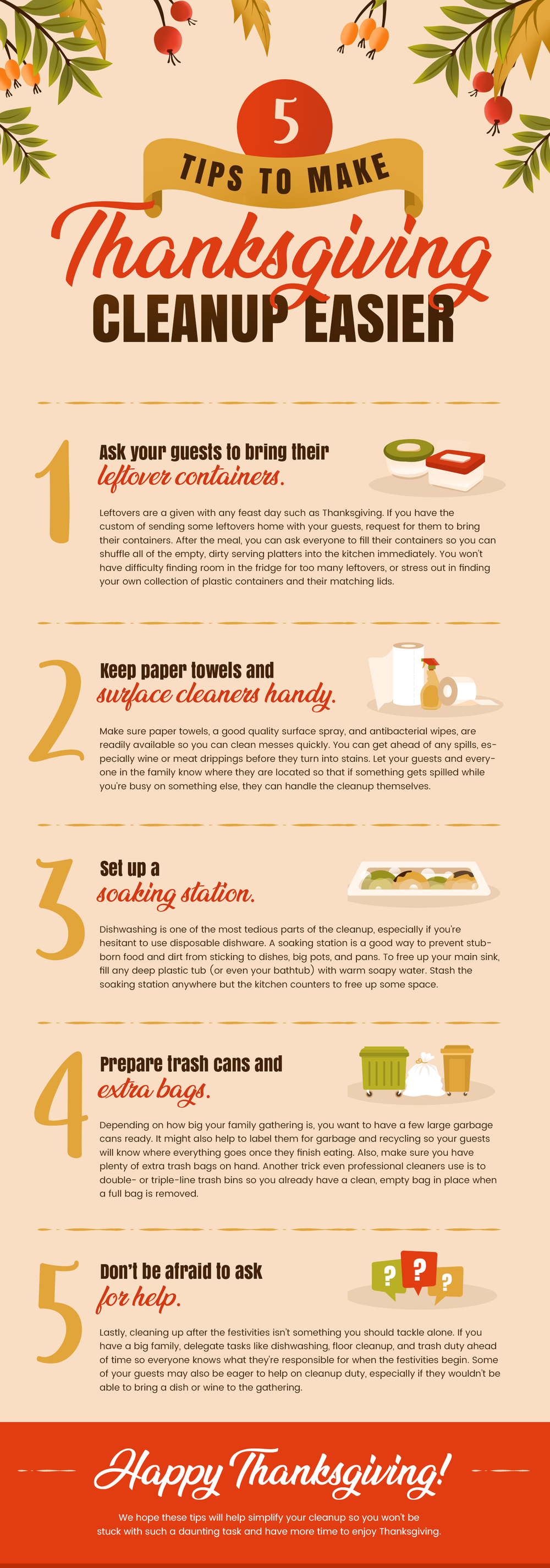Pricing Your Home
Pricing your home is both an art and a science. Achieving the optimal price is the result of both objective research into comparable properties and a gut feeling about your property and the current market.
The right price should:
• Attract buyers
• Allow you to earn the most money possible
• Help you sell as quickly as possible
The simple fact is, price is the number one factor that most homebuyers use to determine which homes they want to view. And it's important to remember that, although the price is set by you, the value of the home is determined by the buyer. Try to avoid allowing your enthusiasm to impact your better judgment - overpricing is a common mistake that can cost you in the end.
The simple fact is, price is the number one factor that most homebuyers use to determine which homes they want to view. And it's important to remember that, although the price is set by you, the value of the home is determined by the buyer. Try to avoid allowing your enthusiasm to impact your better judgment - overpricing is a common mistake that can cost you in the end.
The Importance of Proper Pricing
• Faster sale and less inconvenience
• Exposure to more buyers
• Increases Realtors® response
• Generates more advertising/sign calls
• Attracts higher offers
• Means more money to seller
• Avoids being "shopworn"
What really matters is how your home stacks up against the others currently offered for sale and recently sold in your neighborhood. Buyers will be comparing.
Common Reasons for Overpricing
• Over-improvement
• Need
• Purchasing in higher-priced area
• Original purchase price too high
• Lack of factual data
• Bargaining room
• Move isn't necessary
• Assessed value
• Emotional attachment
• Opinion of family and neighbors
Dangers of Overpricing
• Most of the activity on your home will occur in the first few weeks. Pricing a home properly and then creating immediate urgency in the minds of agents and buyers is critical.
• Buyers who have seen most available homes in their price range are waiting for the "right house" to come on the market. That's why if a house is priced right, it will sell quickly. The buyers are there waiting for it.
• Don't start with a high price and the assumption that you can reduce it later. By the time you decide to lower the price, it may be too late, as interest will have alreadywaned.
• A major cause for concern is appraisal problems; overpricing can lead to loan rejections and lost time.
• Even if your home is nicer than other homes in the same area, your house won't be picked for viewing if you set the price too high.
• Buyers and agents become aware of the long exposure period and often are hesitant to make an offer because they fear something is wrong with the property.
• Attracting the wrong buyers.
• Fewer potentially qualified buyers will respond.
• You might help sell similar homes that are priced low.
• You could lose money as a result of making extra mortgage payments while incurring taxes, insurance and unplanned maintenance costs.
The Role of a Real Estate Agent in Pricing
• Provide you with a comparative market analysis (CMA), a comparison of the prices of recently sold homes that are similar in terms of location, style, and amenities. A CMA is performed by comparing previously sold homes in the area, and currently active homes to know your competition.
• There is no "exact price" for real estate
• We don't tell you what we think your home is "worth".
• The market determines value…together we determine the price.
• You determine the price based on the factors you control:
- Marketing time
- Financing alternatives provided
- Condition
- Exposure method
• Keep in touch with market trends and keep up to date with market activity of comparable homes.
• Estimate your net proceeds.
• Help to determine offering incentives.
An agent has NO control over the market, only the marketing plan. Never select an agent based on price.



